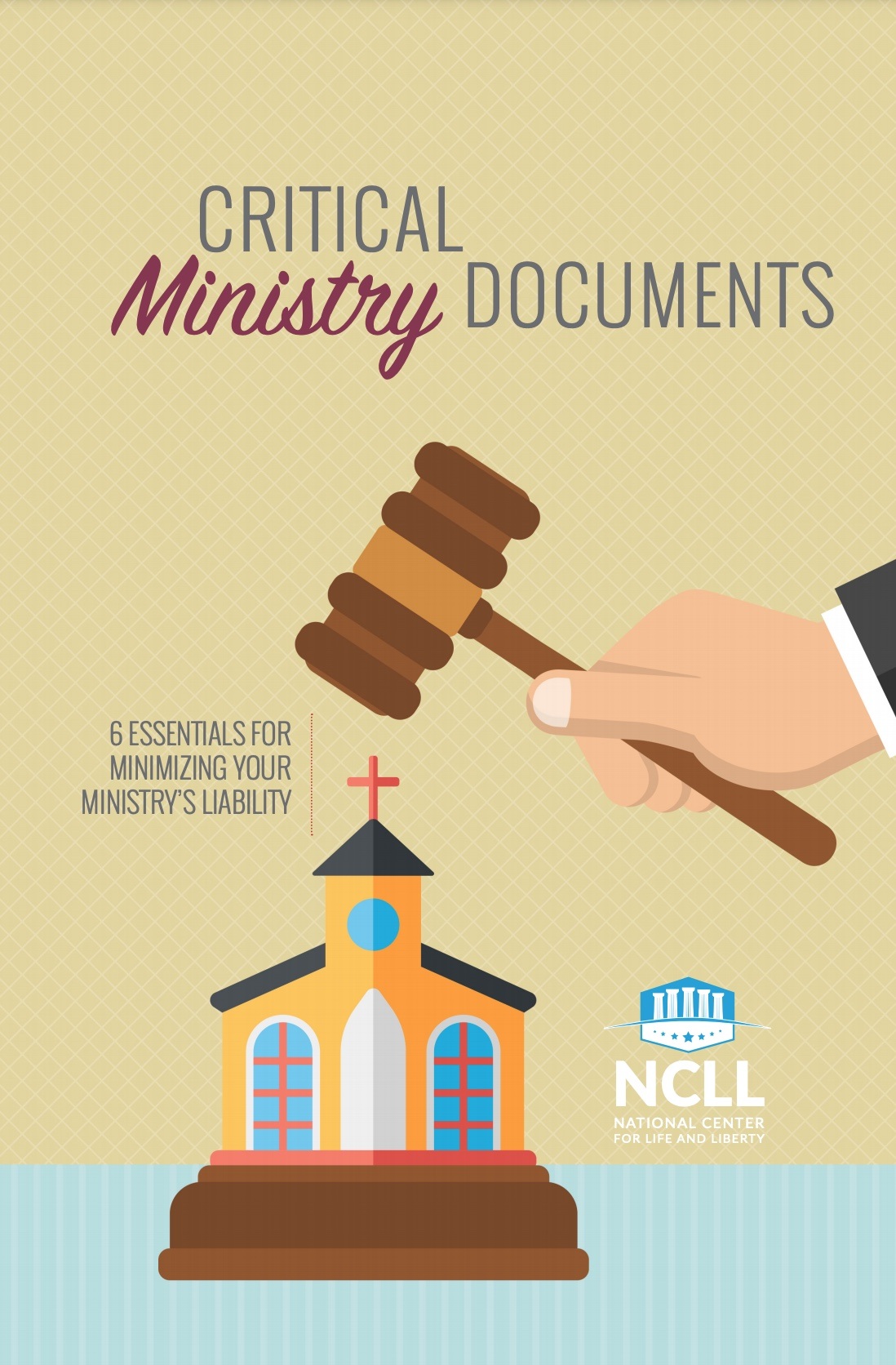The Biden administration has now signed over forty-two executive orders/actions, signaling a dramatic shift in policy in our country. In this episode, we will discuss your organization's statement of faith and code of conduct and why these documents are more critical than ever for your church or ministry.
The First Amendment to the U.S. Constitution states that government is prohibited from establishing religion or infringing on the free exercise of it. An interesting point to consider is where the First Amendment intersects with employment law. The Civil Rights Act of 1964 prohibits employment discrimination based on religion except when the employer is a "religious corporation, association, or society." Churches meet this requirement easily with the understanding that a church is, by its very nature, a religious corporation.
However, an important question involves whether or not a charity or nonprofit that has a religious mission and purpose may also be considered exempt. This question has been tested by several courts, and one of the chief pieces of evidence they use to determine if an entity is of a religious nature or not is its statement of faith and code of conduct, which express the organization's religious beliefs, and whether employees must sign or affirm them.
In light of what courts have decided and especially due to the growing threat we face from the current administration, in order to ensure the protections afforded by the First Amendment, we encourage every ministry to develop a code of conduct and statement of faith that clearly articulate its religious beliefs and expectations. You can click here to download a template.
What is a code of conduct? A code of conduct is a policy that dictates the behaviors of your employees or those your ministry serves. This can include young people in your Christian school, clients of a rescue mission, children placed in a daycare, or anyone who interacts with any ministry program.
Why do we recommend developing a code of conduct? A code of conduct is a universally understood concept by businesses, regulators, and lawmakers. For instance, the SEC requires a code of conduct for certain types of businesses to comply with federal regulations. Similarly, judges have a code of conduct they must follow requiring them to "maintain the high standards of conduct" necessary to uphold the integrity of their position.
As ministry leaders, we ask our staff members to uphold the "high standards of conduct" necessary to represent the mission of Jesus Christ and the Gospel we are called to proclaim. These standards can and should be set down in a written document that clearly conveys what is expected of each staff member.
Those who participate in ministry activities should be required to adhere to a code of conduct or not be allowed to participate. Participation is a privilege, not a right. Those who are enrolled in your Christian school, daycare, or after-school programs should be required to participate under the parameters outlined in your code of conduct. To download a code of conduct template, go to ncll.org/essentialpolicies.
What is a statement of faith? A statement of faith is an expression of the shared beliefs of all participants in the ministry. The Equal Employment Opportunity Commission (EEOC) delineates that these beliefs be “sincerely held.” The statement of faith for your ministry defines these "sincerely held beliefs" and provides affirmation that the employees of your organization do, in fact, share these beliefs.
Why should we have a statement of faith? The court held in EEOC v. Mississippi College that if a religious institution provides "convincing evidence" that the employment practices result from "sincerely held beliefs," the EEOC no longer has “jurisdiction to investigate further.” Many churches and ministries require their employees to sign a statement that they have read and affirm the ministry's statement of faith. This action provides the protection noted in the court's decision.
What should be included in our statement of faith? At the NCLL, we recommend that your statement of faith delineate what your ministry believes, not necessarily what your ministry does not believe. For example, a list of negative behaviors does not necessarily help define "sincerely held beliefs." For instance, we recommend you state that your ministry holds that "all life is valued and should be protected." This statement is conclusive and expresses the foundational belief. Your statement of faith does not need to include every alternative belief that would demonstrate a lack of value for life. As our culture continues to move away from God's Word and His Truth, the list of what "we don't believe" will change and morph each day.
At the NCLL, we want your ministry to experience “maximum ministry with minimum liability.” Spend time ensuring your code of conduct and statement of faith accurately represent your ministry, and implement a process where your employees affirm these policies. This ensures your ministry continues to enjoy the protections afforded by the First Amendment and will stand court scrutiny. You can send your policies to info@ncll.org, and our legal team will review them to help ensure you’ve covered all the necessary areas of concern.


